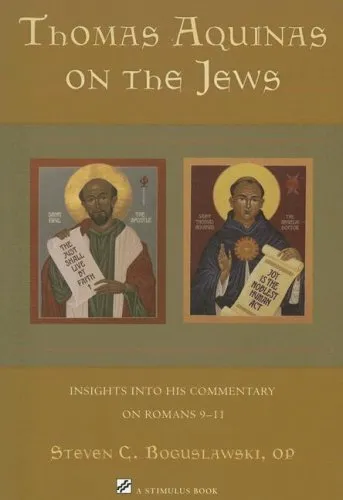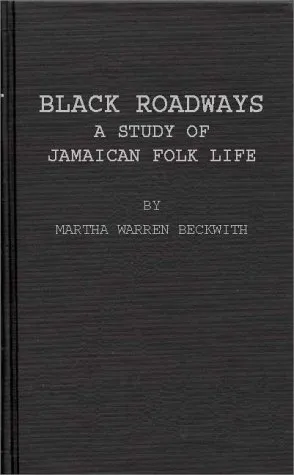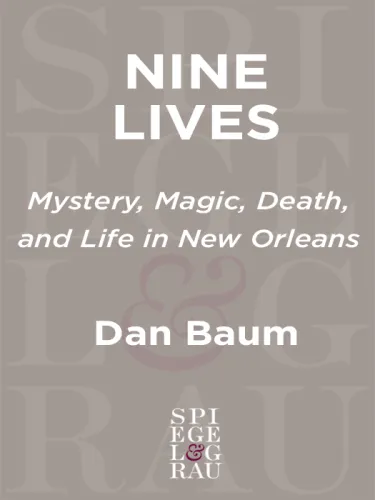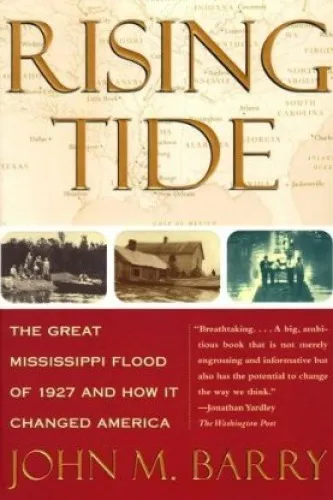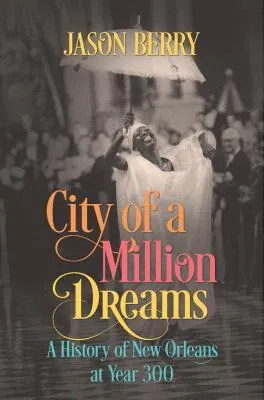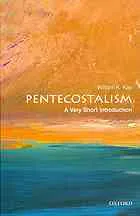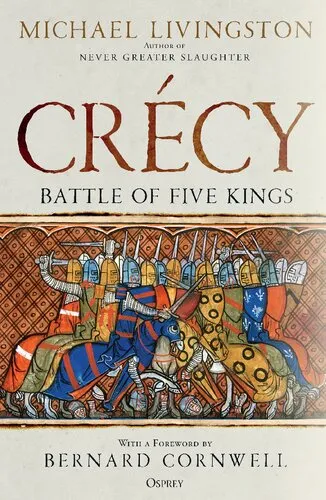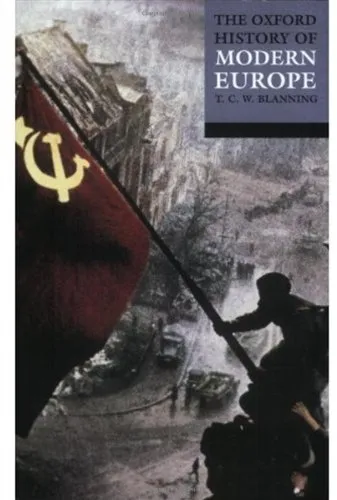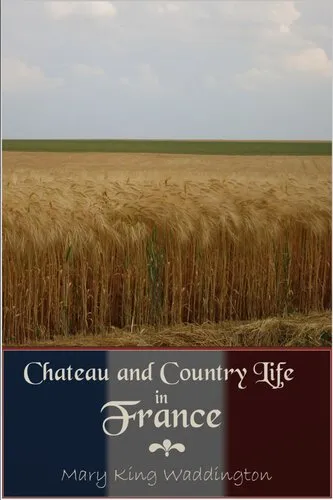The Journal of Theological Studies
4.7
Reviews from our users

You Can Ask your questions from this book's AI after Login
Each download or ask from book AI costs 2 points. To earn more free points, please visit the Points Guide Page and complete some valuable actions.Related Refrences:
Analytical Summary
The *The Journal of Theological Studiespp.838—841* represents a precise and highly focused segment of one of the most respected academic resources in the field of theology. In these pages, serious readers encounter a robust exchange of ideas, critical interpretations, and scholarly debates central to understanding theological inquiry’s evolving framework. This particular section is especially notable for situating religion within a broader intellectual and historical matrix, combining scriptural exegesis with philosophical reasoning.
Although the precise date of publication for this section is “Information unavailable” due to a lack of reliable public sources, the academic tone and methodology align with the established tradition of The Journal of Theological Studies. The work engages with prevailing theological currents while applying methodological rigor. In doing so, it bridges historical and contemporary perspectives, ensuring that the discussion remains relevant both as an archival artifact and as a living scholarly dialogue.
This extract’s thematic focus encompasses theological analysis and academic religious discourse, offering critical engagement with scriptural texts, historical episodes, and interpretive challenges. Each argument is framed with vocabulary and clarity suitable for graduate-level study, but accessible enough to invite disciplined amateurs into the conversation without sacrificing scholarly precision.
Key Takeaways
Readers of *The Journal of Theological Studiespp.838—841* will find several enduring takeaways rooted in its rigorous academic approach and thoughtful theological engagement.
First, the section reinforces the importance of context in theological interpretation, showing that primary sources must be read alongside historical, linguistic, and cultural considerations. Secondly, it models the scholarly discipline required to balance faith-based perspectives with critical, evidence-driven methodologies, demonstrating the dual value of reverence and inquiry. Thirdly, it encourages the reader to appreciate theology not as a static dogma, but as a dynamic field where interpretations evolve through dialogue and discovery.
Memorable Quotes
“Theology thrives where questions are as valued as answers.”Unknown
“Interpreting sacred texts demands the courage to confront our own historical and cultural limitations.”Unknown
“Neither faith nor reason alone can encompass the whole of theological truth.”Unknown
Why This Book Matters
The relevance of *The Journal of Theological Studiespp.838—841* lies in its ability to stand at the crossroads of tradition and academic critique.
For students, academics, and reflective practitioners, this segment offers a microcosm of how theology can be both a field of study and a lived intellectual discipline. By encapsulating arguments and interpretations from distinct scholarly vantage points, these pages underscore the necessity of sustained theological analysis and academic religious discourse in shaping our understanding of both historical and contemporary faith contexts.
Moreover, the section’s concise yet comprehensive treatment of the subject matter makes it not merely a passive read, but an active invitation to engage, respond, and expand upon ideas presented. Such scholarly openness is critical for advancing theological studies in modern intellectual arenas.
Inspiring Conclusion
Engaging with *The Journal of Theological Studiespp.838—841* is more than an act of reading—it is participation in an ongoing scholarly discourse.
These pages invite every reader to confront complex theological ideas with both an analytical mind and a receptive spirit. For those committed to exploring theological analysis and academic religious discourse, this work serves as a touchstone for rigorous inquiry. As you close this section, consider how its arguments might inform your own studies or discussions. Share its insights with colleagues, debate its propositions in seminars, or integrate its methodologies into your research. The Journal of Theological Studiespp.838—841 leaves you not with definitive answers, but with sharpened questions—an essential gift to anyone navigating the landscape of faith and intellect.
Free Direct Download
You Can Download this book after Login
Accessing books through legal platforms and public libraries not only supports the rights of authors and publishers but also contributes to the sustainability of reading culture. Before downloading, please take a moment to consider these options.
Find this book on other platforms:
WorldCat helps you find books in libraries worldwide.
See ratings, reviews, and discussions on Goodreads.
Find and buy rare or used books on AbeBooks.


